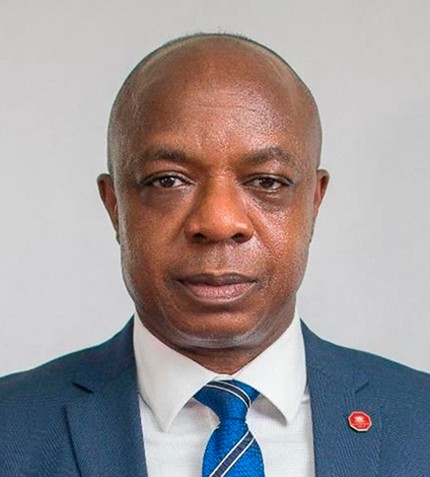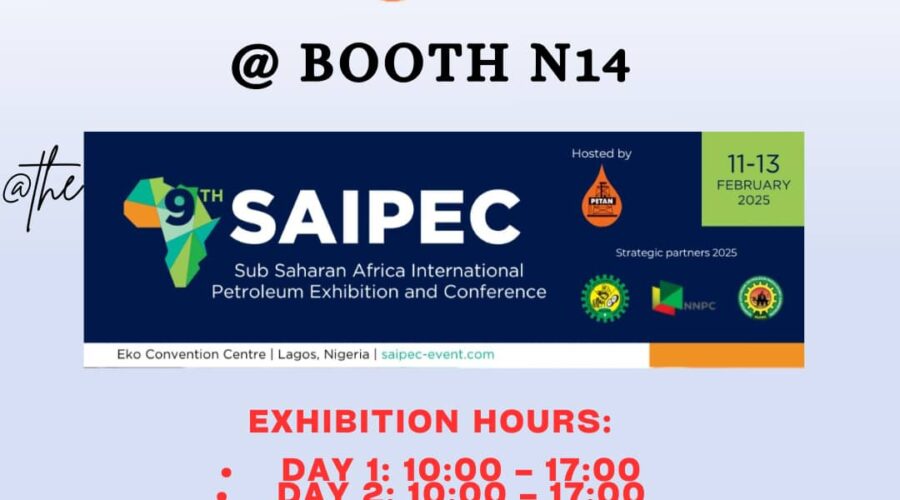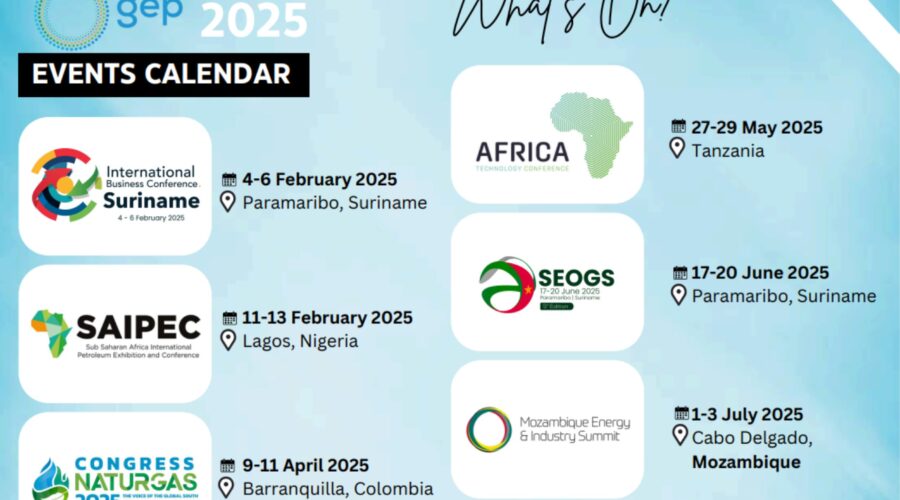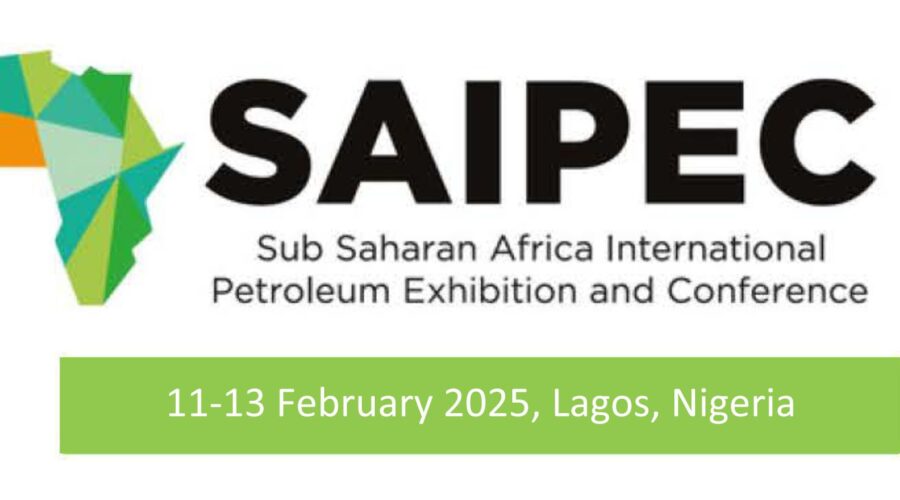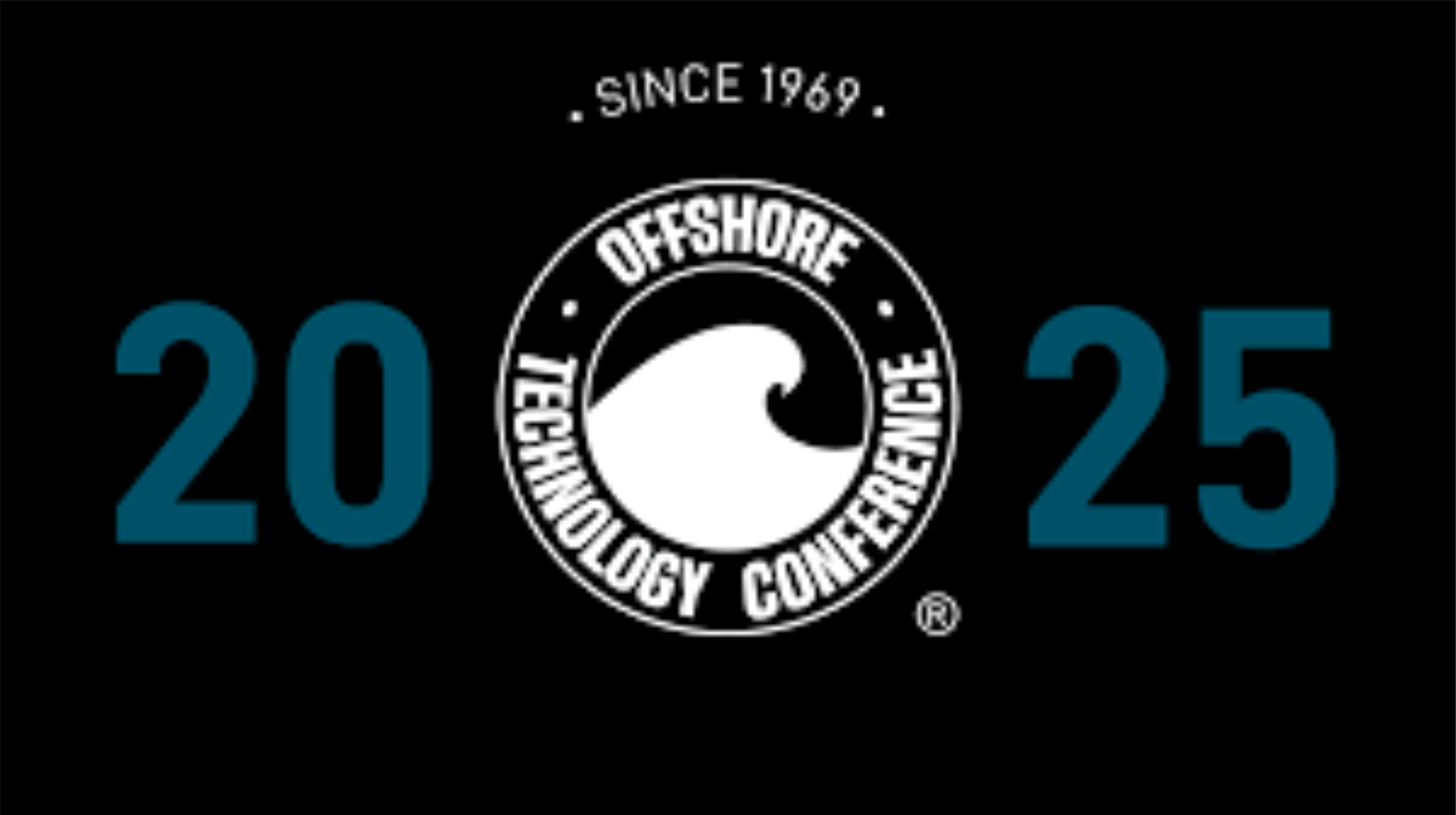What have been the main developments at PETAN over the past few years?
One of Nigeria’s biggest challenges is the decline in oil and gas production, and although reserves in the ground have increased compared to five years ago, we are producing less and less crude. Over the past five years, PETAN has doubled its membership, and we are aligned with the Presidential directive on how we can better support and increase oil and gas production in Nigeria. With this focus, we will not only be helping Nigeria to have enough resources to manage foreign exchange requirements, but we will also help our members exploit the available equipment capacity which is not currently being utilized to its full potential. Nigeria has significant resources, as well as the operators and equipment required to get the oil and gas out of the ground, and we are coming up with innovative solutions to support our members in their oil and gas production projects. Our members are ready to collaborate; for example, if a client only has US$50 million for a project with a budget of US$100 million, revenue ‘waterfalls’ can be put in place where they start doing the work and as the oil and gas starts coming out of the ground, they get paid. Collaboration between our members, industry, and government will be critical in increasing Nigeria’s oil and gas production, and we are willing to also work with multinationals who can assist us in these efforts by bringing in their know-how and advanced technologies. PETAN is focused on helping to increase oil and gas production in Nigeria, and we are working with all the stakeholders to develop a model to ensure that this increased production is self-sustaining.
What are the main challenges PETAN’s members are facing in 2024?
Nigeria’s oil and gas capacity is significantly under-utilized, but fortunately, there is support and collaboration from government authorities in line with the Presidential directive to increase oil and gas production in the country. We all understand that we are stakeholders in this industry, and if we do not increase oil production when the price of oil is at US$80 per barrel, we are missing our moment.
PETAN advocates that authorities should look more into oil and gas evacuation on land and in swamp environments as the cost of production in these environments is approximately 20% of the production costs offshore. The onshore assets in Nigeria are nearly 100% owned by Nigerians – 55% by the government and 45% by indigenous exploration and production companies – and as onshore production is less expensive, margins are higher, and it is here where there will be the largest profits for the country. An issue that needs to be addressed by authorities and which PETAN can support is the upgrading of old and damaged pipeline infrastructure, as we are losing too much product during evacuation.
What opportunities do PETAN’s members see within the African continent?
PETAN is involved in many initiatives across Sub-Saharan Africa, and we have partnerships with many of our Sub-Saharan brothers and are at a point where we want to create an African association of oil and gas service companies. We have members working in Uganda, Mozambique, Zambia, and Namibia, and we encourage collaboration and knowledge transfer across countries and indigenous companies to create more value within the continent.
What are PETAN’s objectives for 2024 and beyond?
PETAN is focused on creating innovative solutions to increase oil and gas production in Nigeria in support of the presidential directives. We are celebrating our 30th anniversary in 2024 and will continue promoting the development of the oil and gas industry in Nigeria through the organization and participation of Nigerian oil and gas executives in conferences, seminars, and workshops, and creating opportunities for Nigerian companies to project themselves in this competitive industry across Africa.

